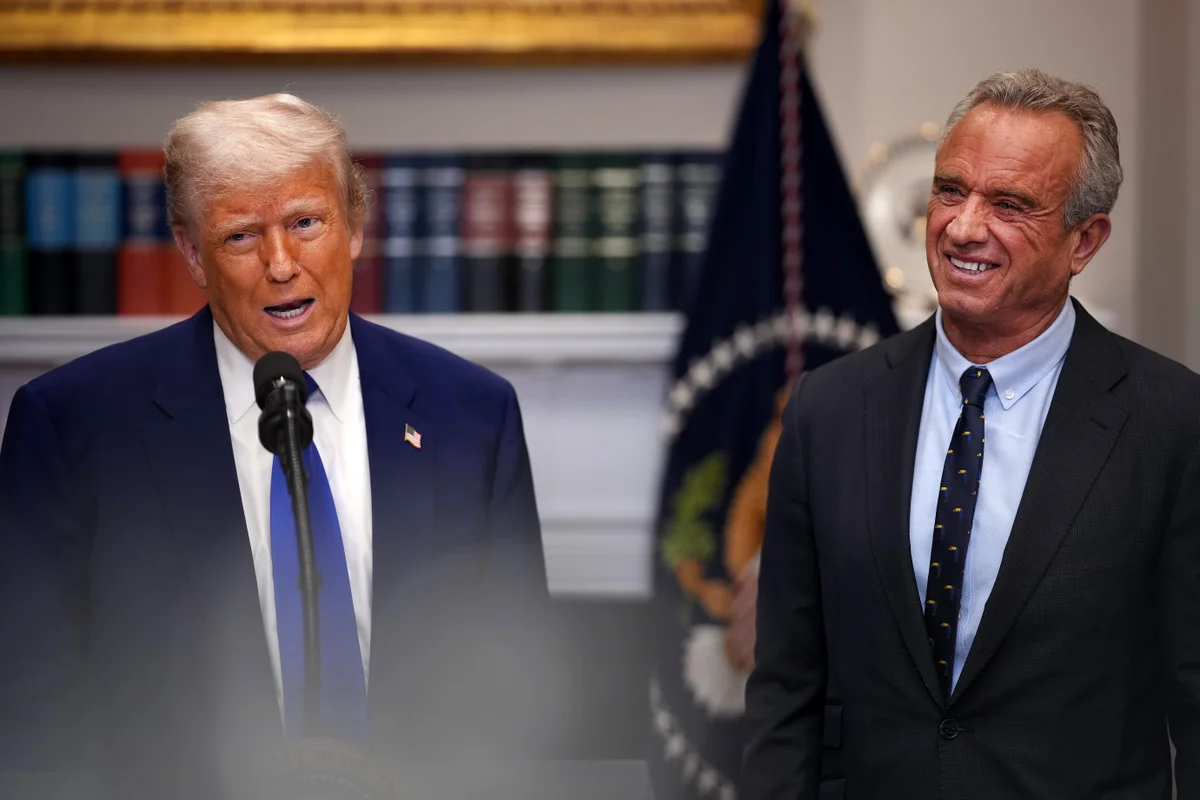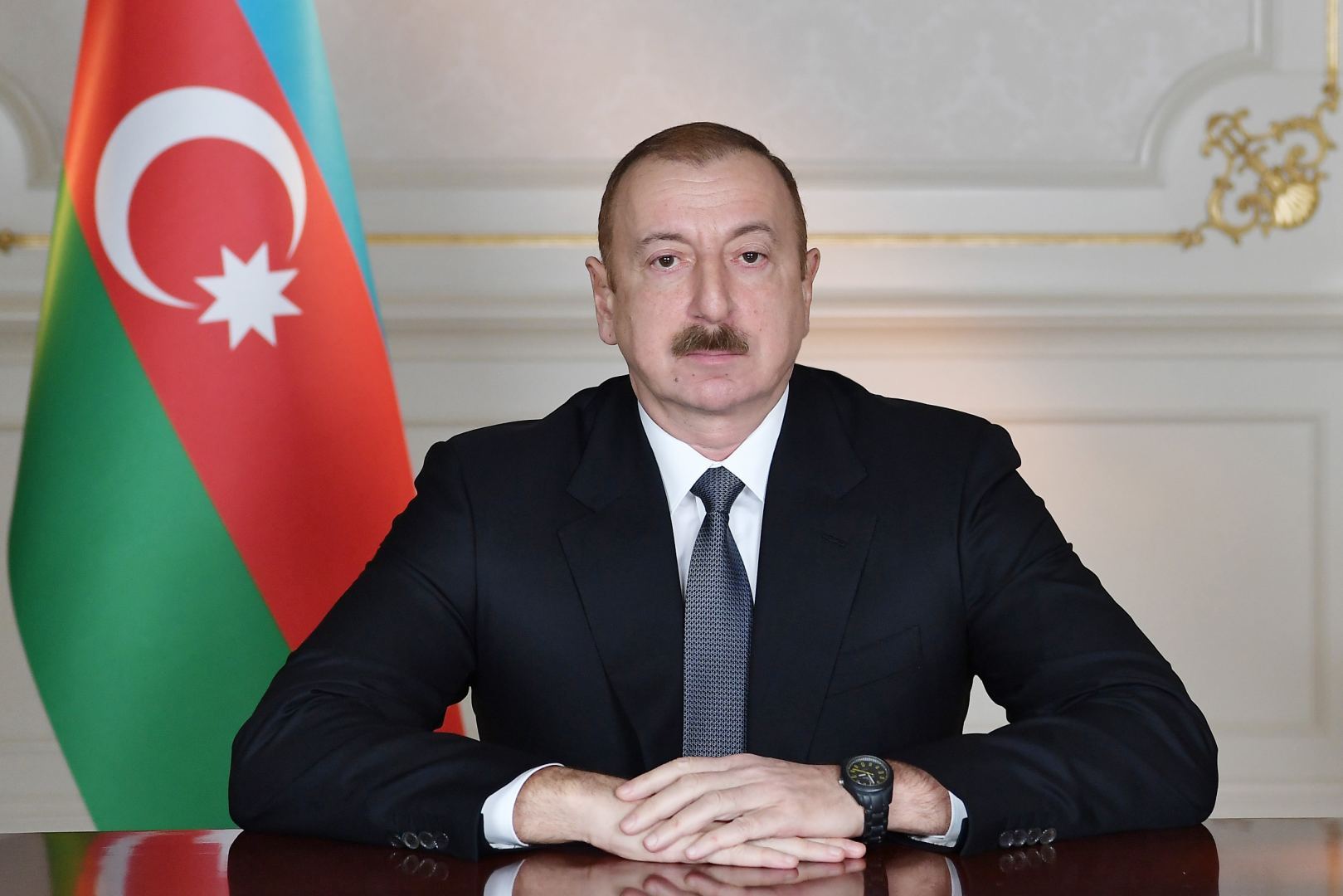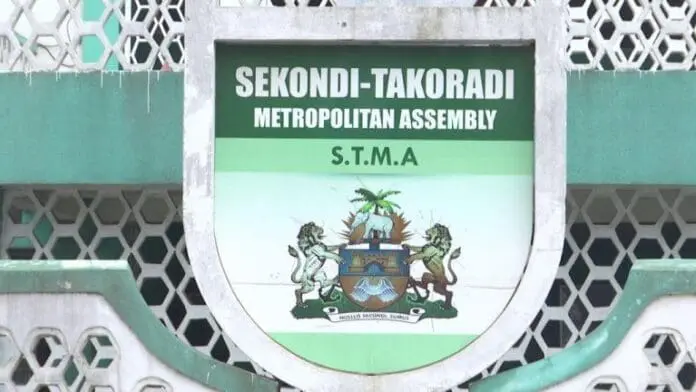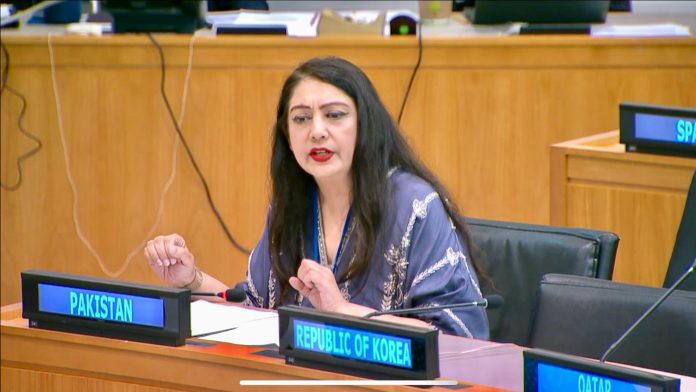By Alicja Hagopian
Copyright independent

The NHS is facing a “critical threat” from drug price hikes as pharmaceutical companies bow to pressure from Donald Trump, experts have warned.
The US president has announced a fresh round of tariffs on pharmaceutical firms, with 100 per cent tariffs on branded medicines from October 1.
This means medicines produced outside the US will face sky-high import charges – unless a company has invested in new factories stateside, but there is no word yet on whether the UK will get any preferential rate.
The move presents a threat to the UK’s drug industry, which is the country’s second largest exporter to the US, selling £7bn of goods across the pond last year.
It comes after some firms already announced price hikes on medicines sold in the UK, from schizophrenia medication to weight loss jabs, echoing Mr Trump’s demands that other countries should pay higher prices for US medicines so that US consumers can pay less.
But Lib Dem peer Lord Paul Scriven, co-chair of the all-party parliamentary group on pharmacy, warned that price rises are a “critical threat” to the NHS, driven by “ridiculous pressures from President Trump”.
He told The Independent: “President Trump’s policy is based on cheap transactional economics and not about improving health.
“I am very concerned about the short-term and longer-term implications of this trend for UK patients.”
Nearly £2bn of investment into UK pharmaceutical research has also been slashed or paused in the lead-up to Mr Trump’s announcement by companies including Astrazeneca, Eli Lilly and MSD (the global pharma giant known as “Merck” in the US); all of whom have pledged billions into new factories in the US.
The standoff between pharmaceutical companies and the UK government comes after Mr Trump said drug companies were “effectively subsidising socialism abroad with skyrocketing prices at home” by charging lower prices overseas.
But even as US drug companies boosted prices in the UK, there is nothing yet to show that costs will drop for buyers in the US.
Professor Claire Anderson, president of the Royal Pharmaceutical Society, said “patients should not have to pay the price in a global trade war”, but the UK’s science minister, Lord Patrick Vallance, has warned that drug price increases “are going to be a necessary part” of solving the exodus of pharmaceutical companies from the UK.
As prices rise, it is unclear whether the Treasury will increase the health budget to pay for more expensive medicines or whether the NHS will be forced to reallocate from its already-tight budget.
The NHS has already been spending an increasing amount on medicines, with prescribing costs at £19.9bn last year, up 16 per cent from 2021/2.
Health Secretary Wes Streeting has admitted the issue is a “live conversation”, suggesting that the government may bow to pressure on high prices.
If the NHS is unable to pay higher prices or negotiate reasonable deals with pharmaceutical companies, the UK could be at risk of medicine shortages and supply chain issues, particularly as manufacturing moves further afield. That could be “devastating” for patients, Henry Gregg, head of the National Pharmacy Association (NPA), told The Independent.
“It remains to be seen what impact this could have on patients and pharmacies, who are at the sharp end of a very complicated and potentially vulnerable supply chain, but we need reassurance that steps are being made to protect them,” he said.
Multinational drug companies such as Merck have faced direct calls to boost prices in the UK and abroad from President Trump.
In May, Mr Trump signed an executive order calling for a “most favoured nation” pricing policy, which pushes pharmaceutical companies to raise the cost of medicines in other countries in order to cut them for US buyers.
This pressure is already spurring clear consequences in the UK.
Just this week, pharmaceutical giant Bristol Myers Squibb (BMS) said it would charge the UK at US rates for the schizophrenia drug Cobenfy – to the tune of approximately £16,800 a year.
It is the first time BMS has done so, with UK prices usually around half of US rates.
“We agree with the Trump administration that other countries need to pay their fair share,” said Adam Lenkowsky, BMS chief commercialisation officer.
And weight loss jab producer Eli Lilly has said it would increase the UK price of Mounjaro by as much as 170 per cent, after Mr Trump called out the UK for having low prices on “fat jabs”.
And a representative for Eli Lilly said it had paused plans for its lab in London, as the company was “awaiting more clarity around the UK life sciences environment”.
In both cases, though, the companies have yet to announce equivalent price cuts in the US, suggesting that Trump’s threats to pharmaceutical companies may just bring prices up worldwide.
The US has the highest drug prices in the world, with prices on branded medicine being 3.8 times higher on average than in the UK, according to a 2022 study.
But Mr Trump appears to be more focused on increasing prices abroad to stop “global freeloading” than cutting prices at home.
“While it remains to be seen how much of the pharmaceutical sector would be affected, the proposed tariffs would undoubtedly increase costs for US healthcare,” said Mark Samuels, head of the British Generic Manufacturers Association.
In general, pharmaceutical companies are able to charge more in insurance-based health systems such as the US and France, while countries like the UK and Canada which have public health systems, demand lower prices from suppliers.
“The NHS needs to deliver for patients and for taxpayers. As the largest single purchaser of medicines in Europe, this gives the NHS tremendous buying power,” said Mr Samuels.
In addition to the standoff over prices, there is the issue of research and manufacturing.
The pharmaceutical industry contributes over £17.6bn in gross value to the UK, with £45bn through research and development, according to the Association of British Pharmaceutical Industry (ABPI).
“This pressure isn’t just about current prices; it’s about the future of our healthcare. We are witnessing a clear pivot away from the UK,” said Lord Scriven, adding that the country is at “risk of being left behind”.
“Tariffs will put further pressure on drug manufacturers to move away research and development of drugs from the UK, [which could have] a negative impact on pricing and access to new drugs for the NHS,” he warned.
President Trump has explicitly called for pharmaceutical companies to keep their industry within the US, a move which could deter businesses from manufacturing in the UK.
Already, Merck has cancelled its £1bn investment plans for a London research facility and scrapped existing projects, both of which had been in progress and seen sunk costs.
And AstraZeneca, Britain’s biggest company, which was at the forefront of Covid-19 vaccine development, recently paused plans for a £200m research facility in Cambridge, after announcing £37bn in investment in the US for research and development.
Combined, the cancelled or paused investments could put nearly 2,000 future and current jobs at risk.
“We cannot allow economic stupidity from Donald Trump to dismantle the foundations of our health service, which has for decades ensured that UK patients have access to affordable, life-saving medicines,” Lord Scriven said.
“The health of patients and the integrity of the NHS itself depend on it.”



